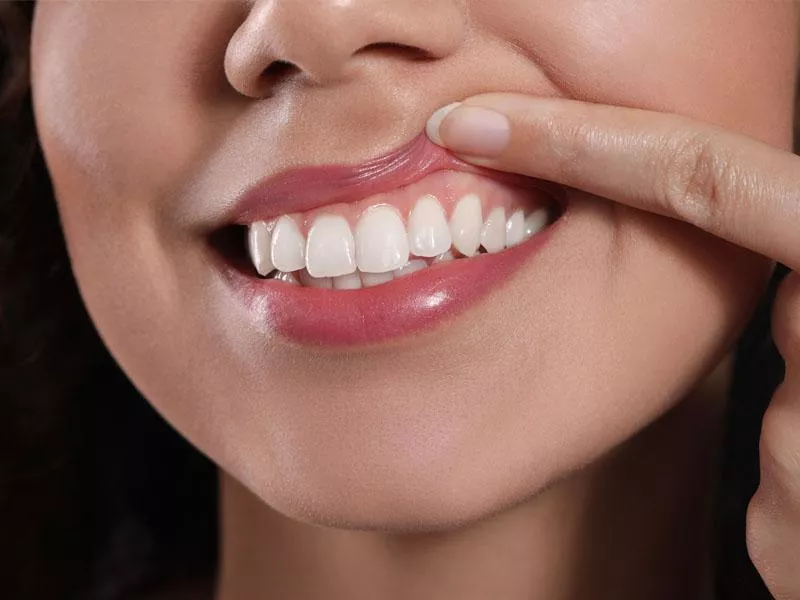
Periodontics & Gum Disease in Dartmouth
The term “periodontal” means “around the tooth.” Periodontics focuses on the supporting structures of your teeth, mainly gum tissue, and bone. The health of these structures is extremely important not only to your oral health but your overall health as well. Gum disease has been linked to a variety of serious illnesses such as cardiovascular disease, diabetes, lung disease, impotence and premature or low birth-weight babies.
Periodontal diseases, including gingivitis and periodontitis, are serious infections that can lead to tooth loss when left untreated. Over time, a chronic bacterial infection will affect the gums and bone that support the teeth.
A Primer on Gum Disease
It can begin when plaque (the sticky film that constantly forms on your teeth) is not properly removed from areas of your teeth and underneath gum tissues. The bacteria in the plaque cause the gums to become inflamed.
There are varying degrees of periodontal disease. In its mildest form (Gingivitis), the gums redden, swell and bleed easily. There is usually little or no discomfort, and the patient will often not know he or she has gingivitis. Over 75% of people have some degree of gingivitis. However, gingivitis is reversible with professional treatment and good oral care at home.
Gingivitis can advance to periodontitis when untreated. With time, plaque can spread and become aggressive below the gum line. The presence of these aggressive bacteria can lead to a chronic inflammatory response in which the body essentially turns on itself. The tissue and bone that support the teeth are then broken down and destroyed. Pockets form between the teeth and gums, resulting in bone loss and the progression of the disease. As the disease progresses, the pockets deepen, and more gum tissue and bone are destroyed. This destructive process can have very mild symptoms at first but results in painful developments in time. Eventually, teeth can become loose and may have to be removed.
Genetics, smoking, and diabetes increase the risk of periodontal disease. If you answer “yes” to any of these questions, you may be suffering from a form of gum disease:
- Do you ever have pain in your mouth?
- Do your gums ever bleed when you brush your teeth or when you eat hard food?
- Have you noticed any spaces developing between your teeth?
- Do your gums ever feel swollen or tender?
- Have you noticed that your gums are receding (pulling back from your teeth), or your teeth appear longer than before?
- Do you have persistent bad breath?
- Have you noticed pus between your teeth and gums?
- Have you noticed any change in the way your teeth fit together when you bite?
- Do you ever develop sores in your mouth?
If you have any form of periodontal disease or are at risk for periodontal disease, we keep comprehensive records to track changes throughout your life. This allows us to monitor the progression of the disease and implements therapies when prudent.
